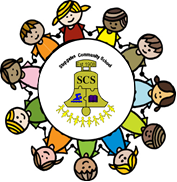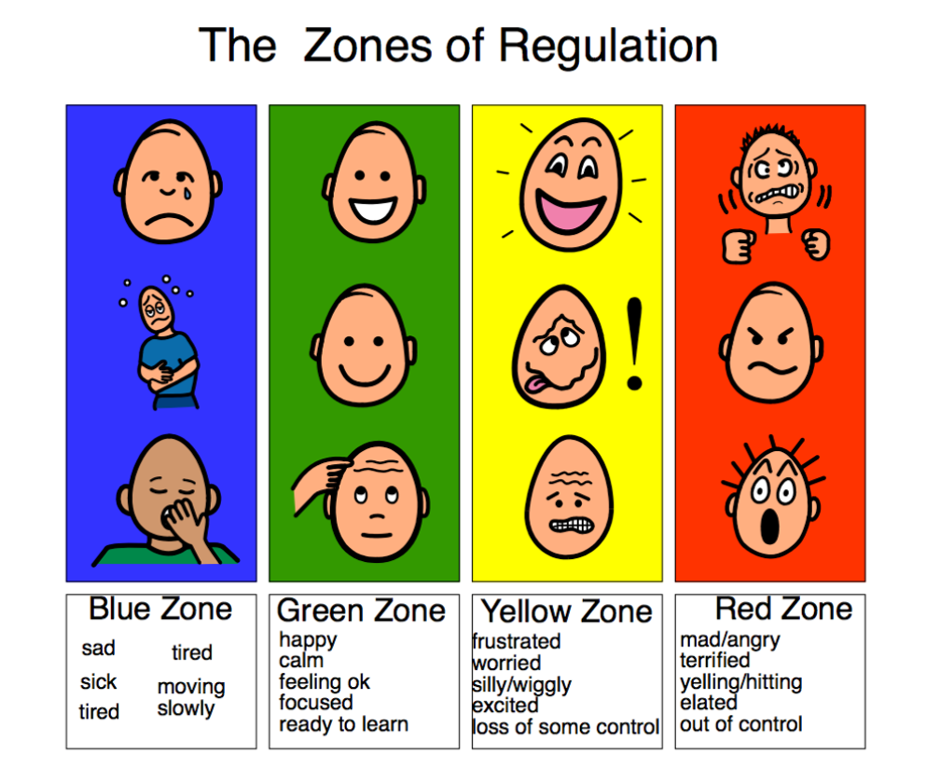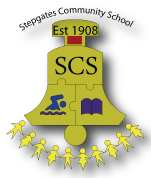School Rules, Rewards and Sanctions
At Stepgates Community School we are proud of our children’s behaviour.
The Headteacher has overall responsibility for school discipline. Individual teachers are responsible for the good conduct of their own class pupils and share a wider responsibility for behaviour throughout the school.
All Stepgates’ staff use a consistent approach towards discipline. The school’s Behaviour Policies are based on a positive approach to behaviour management, rewards and sanctions are used, alongside a restorative approach to resolving conflicts. We have a school Behaviour Policy and Anti-Bullying Policy. Copies of these can be found within the 'School Information' tab under 'School Policies' or from the school office.
The school adopts a No Blame Approach to Bullying. Incidents of violence, sexual or racial harassment are dealt with seriously and severely. Stepgates has adopted Local Authority guidelines on exclusions. Governors become actively involved should exclusion procedures become necessary.
We follow guidelines set down in our Behaviour Policy and we use a variety of rewards to positively reinforce our behaviour expectations. However, we are continuously working to improve our school and we believe that we can improve it further by developing children’s understanding of their behaviour and how they can become more responsible in their dealings with each other. To run alongside our PSHE programme we use ‘Restorative Practices’.
What are Restorative Practices?
To be “restorative” means to believe that decisions are best made and conflicts best resolved by those most directly involved in them. Restorative practices seek to develop good relationships and restore a sense of community.
The three key features of Restorative Practices
- RESPECT - listening to other opinions and learning to value them
- RESPONSIBILTY - taking responsibility for your own actions
- REPAIR - discussing how to repair harm and working through a process that solves the problem
What does this look like at Stepgates?

The use of the ‘Restorative Practices’ builds on the good practices we have in place. Circle Time following the Jigsaw PSHE Programme takes place in each class right through the school. In order to resolve conflicts, we have a series of questions which are used with the children within a ‘Fix-it Circle’. Over time, we believe that adult intervention will reduce and children will be able to adopt this approach independently to resolve their disagreements. There are posters and signs up around school to remind children and adults how we can talk to each other to resolve any conflict.
Zones of Regulation
As part of our Well Being drive in school, we encourage children to use a ‘Zones of Regulation’. Below explains a little more about Zones of Regulation (this is taken directly from their website).
'The 'Zones of Regulation' is the original framework and curriculum (Kuypers, 2011) that develops awareness of feelings, energy and alertness levels while exploring a variety of tools and strategies for regulation, prosocial skills, self-care, and overall wellness. This curriculum provides us an easy way to think and talk about how we feel on the inside and sort these feelings into four colored Zones, all of which are expected in life. Once we understand our feelings and zones, we can learn to use tools/strategies to manage our different Zones in order to meet goals like doing schoolwork or other tasks, managing big feelings, and healthy relationships with others. The simple, common language and visual structure of The Zones of Regulation helps make the complex skill of regulation more concrete for learners and those who support them.'
Children can move their names onto the colours green, blue, yellow or red to tell us how they are feeling during the day. An adult will then speak to the child about why they are feeling a certain way and which strategies they could use to feel better.

Zones of Regulation Tool Kit
For some children, personalised ‘Zones of Regulation’ toolkits can help them to manage their emotions, giving them strategies to help them to move back into the ‘green zone’ where they are happy and ready to learn.

These strategies can help them manage their emotions at home and at play too.
Parental Involvement
Parents are encouraged to tell us of any concerns that they may have regarding their child’s well-being. All information will be treated with utmost confidentiality.
Parents will be invited to work with us if we are experiencing difficulties with their child, so that the problem behaviour may be rapidly overcome. If a child has an Individual Support Plan this will be discussed with parents and will include strategies for overcoming behaviour difficulties. Liaison with outside professionals provides valuable advice and information for both staff and parents.
Celebrations
At Stepgates we believe that it is important to celebrate success no matter how big or small. Praise and recognition is essential to promoting a good self-image and raising self-esteem. Children are regularly rewarded for good work, behaviour and attendance. They may receive stickers, team points, merit raffle awards or certificates when they do something well. We have a weekly Merit Raffle Draw, a Well Done assembly each half term and Governors Achievement Awards Assembly termly to share all our successes and to hand out special certificates and awards. We also believe it is important to celebrate children’s achievements beyond school, in other activities in which they participate with these being celebrated on a weekly basis and published in our fortnightly newsletter, Headlines. Children who have 'shone' in a particular area might be chosen to receive a Headteacher's Award, along with a sticker and a pencil, or a Values sticker for their Values Passport depending on the reason for them being sent to the Headteacher.
